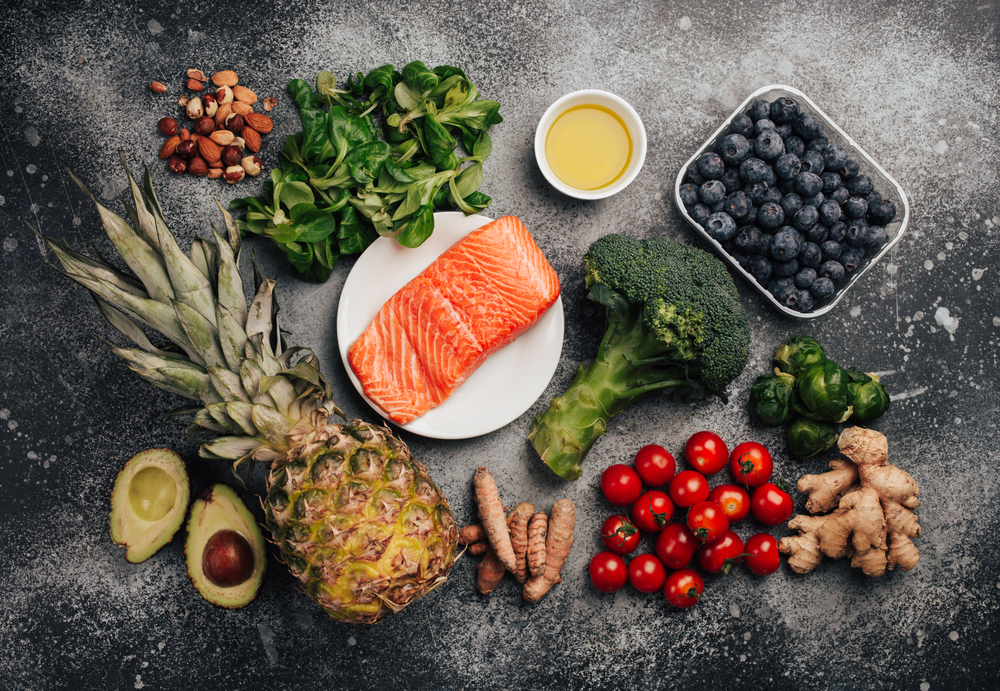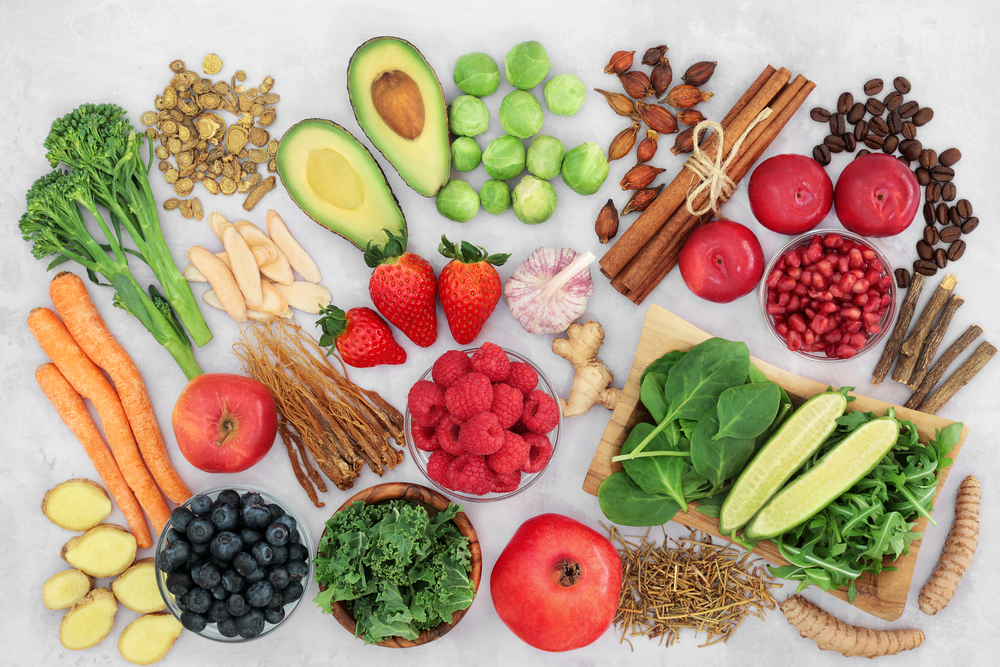How Diets Influence Inflammation
Inflammation is the localization of reaction within the body's tissues due to injury arising from bacteria or virus infection, trauma, chemicals, heat, and other factors resulting in irritation. As the result of irritation, tissues in the body produce substances that cause changes within the tissues; the body's response to the irritation is referred to as inflammation.
Some of the substances that are released from the tissues causing inflammation are;
- Serotonin
- Histamine
- Bradykinin
- Prostaglandins
- Lymphokines
These substances are released by the body's T-cells (components of the immune system) and other reaction products within the body's systems. Most of these substances can activate the macrophage systems, which are sent out to get rid of the damaged parts of the tissue. In the process of doing this, injure the still-living tissues and cells in the body.
The Importance of anti-inflammatory Foods
Currently, no specific diet can be said to decrease inflammation; however, some diets can reduce inflammation and those that can increase the inflammatory processes. Here are examples of foods that reduce inflammation;
- Legumes
- Whole grains
- Nuts and seeds
- Fresh vegetables
- Fruit
- Fish
- White meat
- Seafood.
These foods have one thing in common; they can assist the body in the healing process of inflammation. Foods that are believed to cause inflammation are;
- Processed meat
- Refined grains
- Wheat
- Alcohol
- Peanuts
- Refined sugar
- Saturated fats
- Caffeine
- Full-fat dairy products.
Dietitians often recommend "Mediterranean diets" to lessen the symptoms of inflammation of diseases such as diabetes and heart diseases. Adding such foods to your diet can help in reducing the inflammatory symptoms of chronic diseases and reduce the risks of such diseases.
These foods help in supplying the nutrients required to reduce inflammation. A good example of this is in Omega-3 fatty acids. The body can use these fats to produce prostaglandins, which reduce inflammation and improve the body's immunity. These fats also help form eicosapentaenoic acid, which assists in producing some form of prostaglandins, which help lower inflammation and reduce the production of inflammatory substances.
Foods that can reduce inflammation
- Whole grains: this food type decreases the concentration of inflammatory markers and increases the amounts of adiponectin. The protective effect of whole grains is noted on systemic inflammation, where it reduces the production of oxidative stress, which is known to cause inflammation of the body. Examples of whole grains include oats, berries, corn, whole wheat, and whole grain.
- Legumes: consumption of enough legumes in diet can inversely lower plasma concentration of C-reactive protein. Examples of such foods include kidney beans, soybeans, lentils, black beans, and chickpeas.
- Nuts and seeds: these foods are rich in unsaturated fats. They are also rich in other nutrients that help in reducing inflammation. Enough consumption of nuts has been shown to lower inflammatory markers in the human body. This further proves why those consume nuts and seeds have a lower chance of getting cardiovascular diseases and type 2 diabetes. Examples include walnuts, flax seeds, and pumpkin seeds. These foods are best eaten raw and unsalted.
- Fresh vegetables: these foods are rich in beta-carotene, vitamin C, and other antioxidants, which have shown the potential of reducing anti-inflammatory effects. Everyone is encouraged to consume adequate amounts of vegetables in their diet.
- Fresh fruit: fruit is packed with vitamin C, a substance called flavonoids that increase the antioxidant effects found in this vitamin. Different studies have shown that fruit has the capability to reduce inflammation in the body. Examples of fruits include blueberries, blackberries, oranges, mangoes, among others.
- Fish and seafood: they are good sources of Omega-3 fatty acids. It is recommended to consume Omega-3 fatty acids foods at least three times a week.
- Lean white meat: proteins are used by the body to repair and make new cells, antibodies, different enzymes, and hormones. Consumption of lean white meats has been shown to reduce the level of inflammatory biomarkers in the body.
- Water: Water helps ingestion, absorption, and transportation of vital nutrients with anti-inflammatory effects. It is also needed for the cells' proper functioning, repairing the body's tissues, and an important blood and other fluid secretions component.







Comments (0)